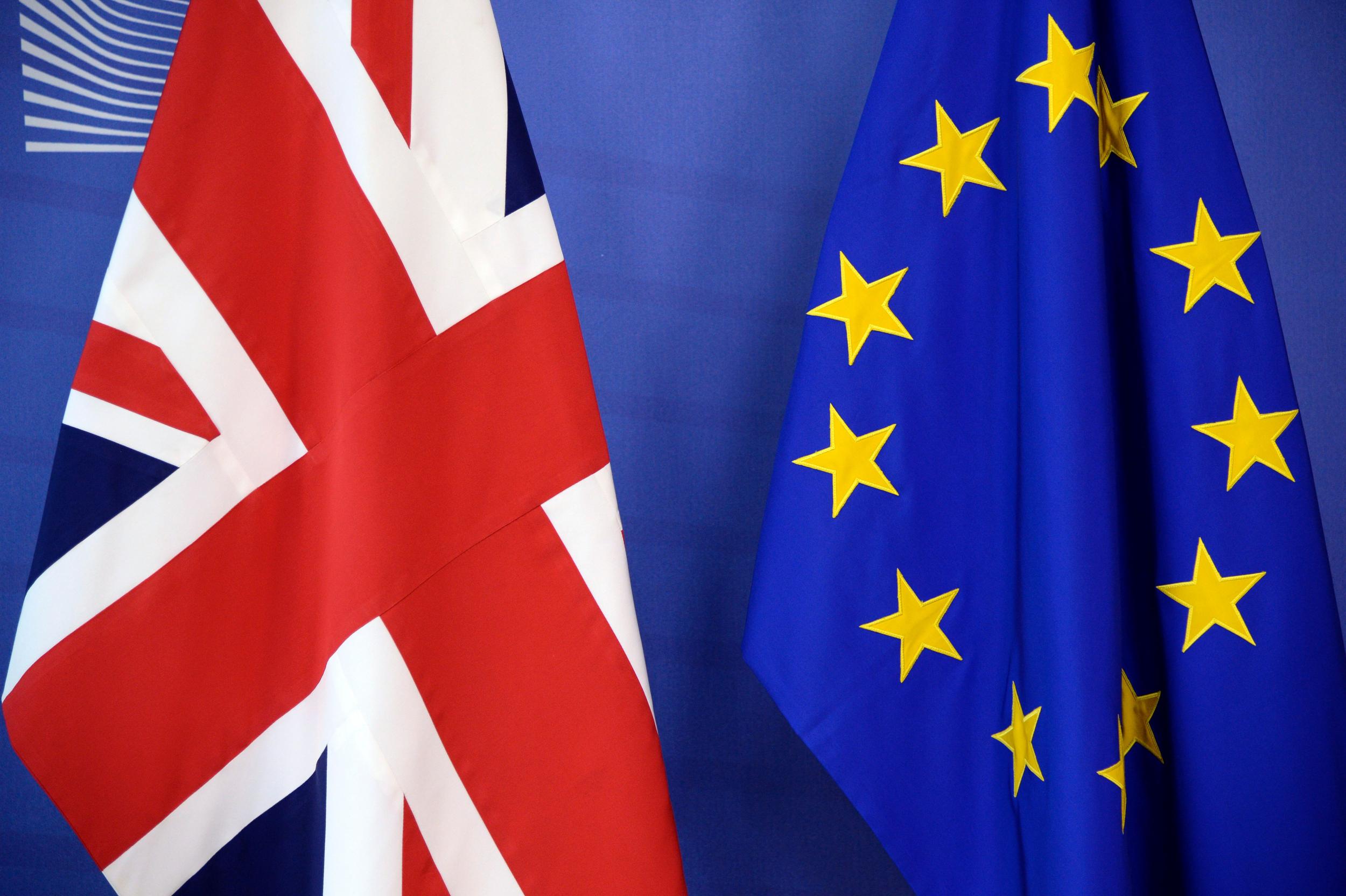Brexit: Article 50 could be revoked once triggered, senior academics claim
'A non-exhaustive list of potential reasons would include: changes in government, major economic shocks, major diplomatic shocks and military aggression'

Article 50, the untested protocol for a member state leaving the European Union, could be revoked once the process has been triggered, senior academics have claimed.
In a wide-ranging report from the UK in a Changing Europe – an independent group of academics led by Professor Anand Menon at King’s College London – the authors also warn that Brexit will place enormous pressure on Parliament, the civil service and the British constitution.
It comes after Theresa May announced on the eve of the Conservative party conference she would trigger the two-year process of negotiating Britain’s separation from the EU by the end of March 2017. But the authors of the report claim the debate around whether Article 50 can be revoked has received considerably less attention.
While the Government's top lawyer told the High Court the decision would be irrevocable the senior academics claim: “Given that the process is likely to take an extended period of time, the situation – internally in the UK and/or EU as well as externally in the wider world – might well change, necessitating a breaking off of the process before it can be concluded.
“A non-exhaustive list of potential reasons would include: changes in government, major economic shocks, major diplomatic shocks and military aggression,” they add.
“In summary, Article 50 can be revoked, certainly by mutual consent, and probably unilaterally by the UK. However, in the latter case the UK would find itself having to defend a very uncertain legal and very troubling position.”
However, Professor Menon added aborting the process would make the UK the "most obstructive" partner in the EU.
He added: "We would be so paralysed by our politics – imagine the politics of this country if we stayed and ignored the referendum result. I’d find it inconceivable that Britain could ever vote in favour of another EU budget again.
Unfortunately, the authors add, the legal position on the revocation of Article 50 is not clear as the article itself makes no provision for this situation. They add: “It does note that a member state that has left the EU can only be readmitted via the Article 49 procedure, as used for more normal accessions. On a broad reading, this might be taken to imply that prior to this point, a departing member state might have access to a different set of options, but this is very unclear”.
The academics suggest looking to the 1969 Vienna Convention on the Law of Treaties for guidance.
“Articles 65-8 establish that a member state is not only free to leave a treaty if it no longer wishes to be subject to it, but that until it finally leaves, it is also free to change its mind on the matter and retain its membership. While instances of this being effected are rare, they have occurred, working from the general concept that until one is not a member state, one is a member.”
Speaking at the launch of the report, at the Institute for Government, Dr Simon Usherword, one of the authors, said the most obvious reason the UK might follow such a track would be a change of government. “Situations change and it might be there is a decision the UK doesn’t want to pursue,” he added.
“Article 50 itself doesn’t actually say whether you can stop it or not. I think what’s clear though is if both the 27 and the UK are agreed that they want to stop this process then there is no political issue with that.”
“The conclusion is yes, you can stop this process once it’s started.”
The academics of the report, entitled Brexit and Beyond: How the UK might leave the EU, also accused Brexiteers who accuse those warning of the difficulties of leaving as “talking Britain down” are making a “pathetic argument”.
“An irritating aspect of the current debate is the tendency of Brexiteers to accuse those who warn of difficulties of ‘talking Britain down’.
“It’s a good line but a pathetic argument. Since when was rational debate a bad thing? Forewarned, surely, is forearmed, and this report will help identify potential stumbling blocks ahead,” Professor Menon added.
Join our commenting forum
Join thought-provoking conversations, follow other Independent readers and see their replies
Comments